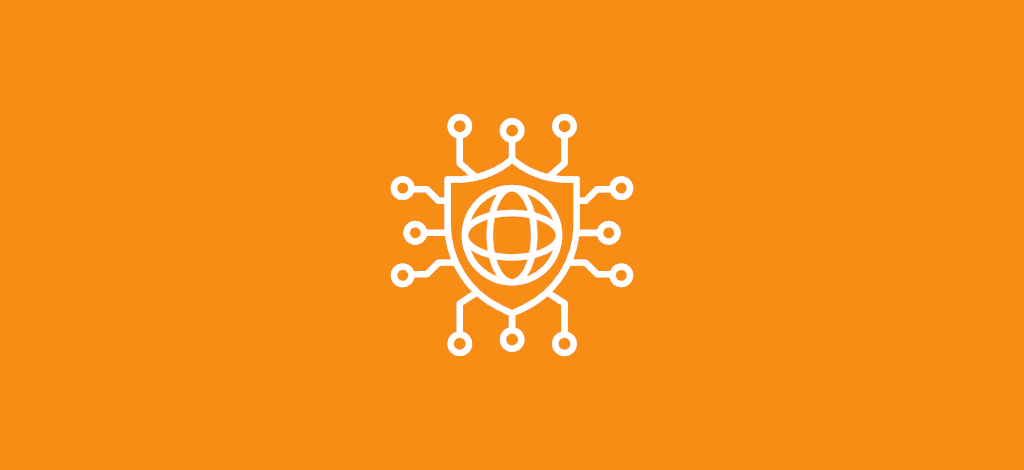In What is Self Sovereignty I discussed a concept that refers to the idea of individuals having full control and authority over their own lives, decisions, and personal data.
Digital sovereignty refers to the ability of individuals, communities, or nations to control and manage their digital infrastructure, data, and online activities. It is the digital equivalent of political sovereignty, emphasizing the right to self-determination and autonomy in the digital realm. Digital sovereignty encompasses several key aspects:
- Data Control: This involves individuals and entities having the power to decide how their data is collected, stored, processed, and shared. It includes the right to access and delete personal data, as well as the ability to consent to or refuse data collection.
- Digital Infrastructure: Digital sovereignty extends to the control over digital infrastructure, such as servers, networks, and software. It involves the ability to develop, maintain, and operate these systems independently, reducing reliance on foreign or corporate-controlled technologies.
- Online Services and Platforms: This aspect focuses on the ability to create and control online services and platforms, ensuring that they align with local laws, values, and needs. It includes the development of local alternatives to global tech giants.
- Cybersecurity and Privacy: Digital sovereignty involves the ability to protect digital assets and personal information from unauthorized access, surveillance, and cyberattacks. It emphasizes the importance of privacy and security in digital communications and transactions.
- Legal and Regulatory Framework: Establishing a legal and regulatory framework that supports digital sovereignty is crucial. This includes data protection laws, cybercrime legislation, and policies that promote local digital development and innovation.
- Digital Literacy and Skills: Empowering individuals and communities with the necessary digital skills and literacy is essential for digital sovereignty. It enables people to navigate the digital world safely and effectively.
- Internet Governance: This pertains to the ability to participate in and influence decisions about the governance of the internet, including domain name systems, internet protocols, and global digital policies.
Digital sovereignty is particularly relevant in an era where data and digital technologies play a central role in economic, social, and political life. It allows individuals and nations to maintain control over their digital presence, protect their interests, and ensure that their values and laws are respected in the digital sphere.

